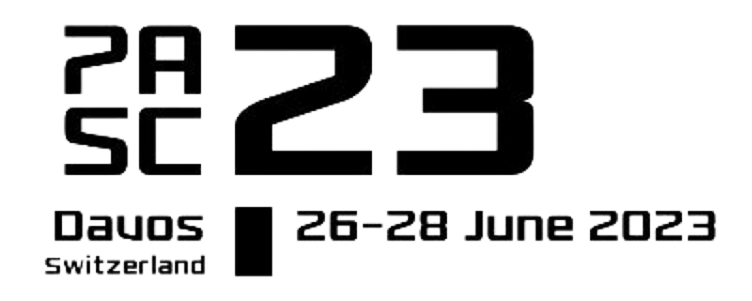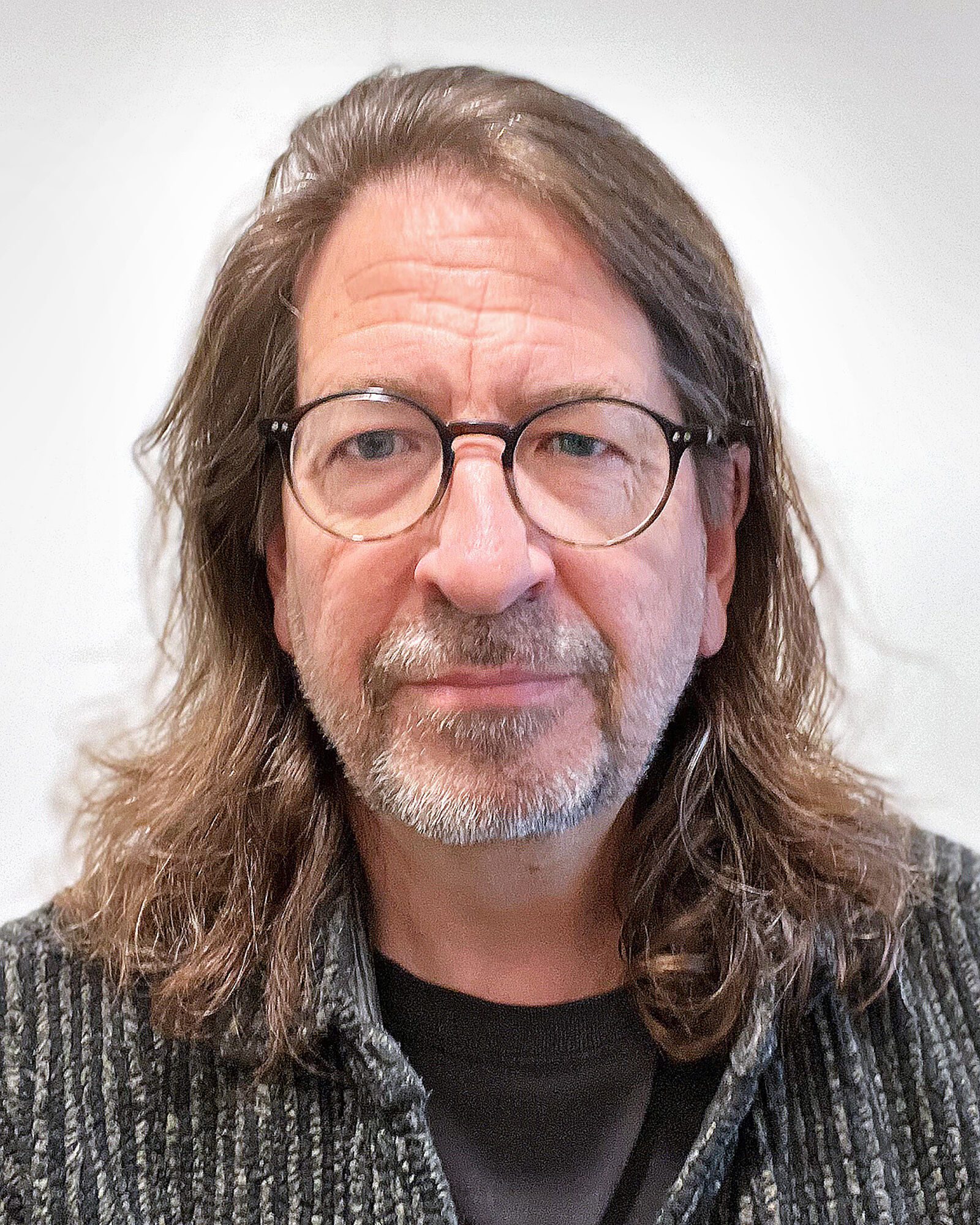Public Lecture
A View of Post-Exascale Computational Science
and the Emerging Mix of HPC, AI, and Quantum
Rick Stevens (Argonne National Laboratory / University of Chicago, US)
In this talk, I will outline my vision of the evolution of computational science over the next twenty years. The emergence of new platforms will complement and challenge traditional high-performance computing (HPC), impacting the types of problems we work on, the platforms that centers design and deploy, and the research that gets funded. As we launch into the post-exascale epoch, we face a computing landscape that is quite different from the one that motivated the international push for exascale HPC systems. We see the emergence of powerful AI methods from generative language models that will transform research and teaching (and exams!), to AI-HPC hybrid (or surrogate) models that promise orders of magnitude performance gains for some problems. Quantum computers and algorithms also show potential to greatly impact computational science. I will discuss how these capabilities could change the landscape of problems researchers pursue, and when and how the scientific computing community may evolve as it absorbs new approaches, sorting through what is real and works, and what is not ready for scientific application. Future platforms must be designed for the problems that the community wants to solve in the near term, while also leading us to new approaches that offer sustained impact across many disciplines.
Rick Stevens is a Professor of Computer Science at the University of Chicago as well as the Associate Laboratory Director of the Computing, Environment and Life Sciences (CELS) Directorate and Argonne Distinguished Fellow at Argonne National Laboratory. In these, and in numerous other roles, he is responsible for ongoing research in the computational and computer sciences from HPC architecture to the development of tools and methods for bioinformatics, cancer, infectious disease, and other problems in science and engineering. Stevens is a member of the American Association for the Advancement of Science and has received many national honors for his research, including being named a Fellow of the Association of Computer Machinery (ACM) for his continuing contributions to high-performance computing.


